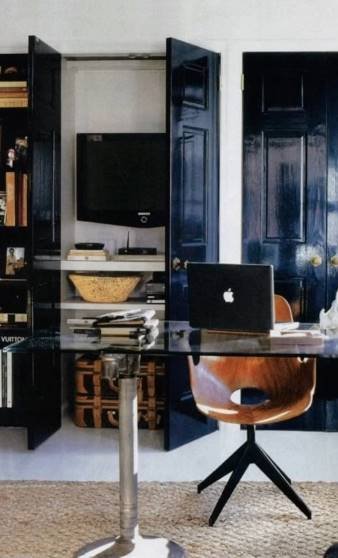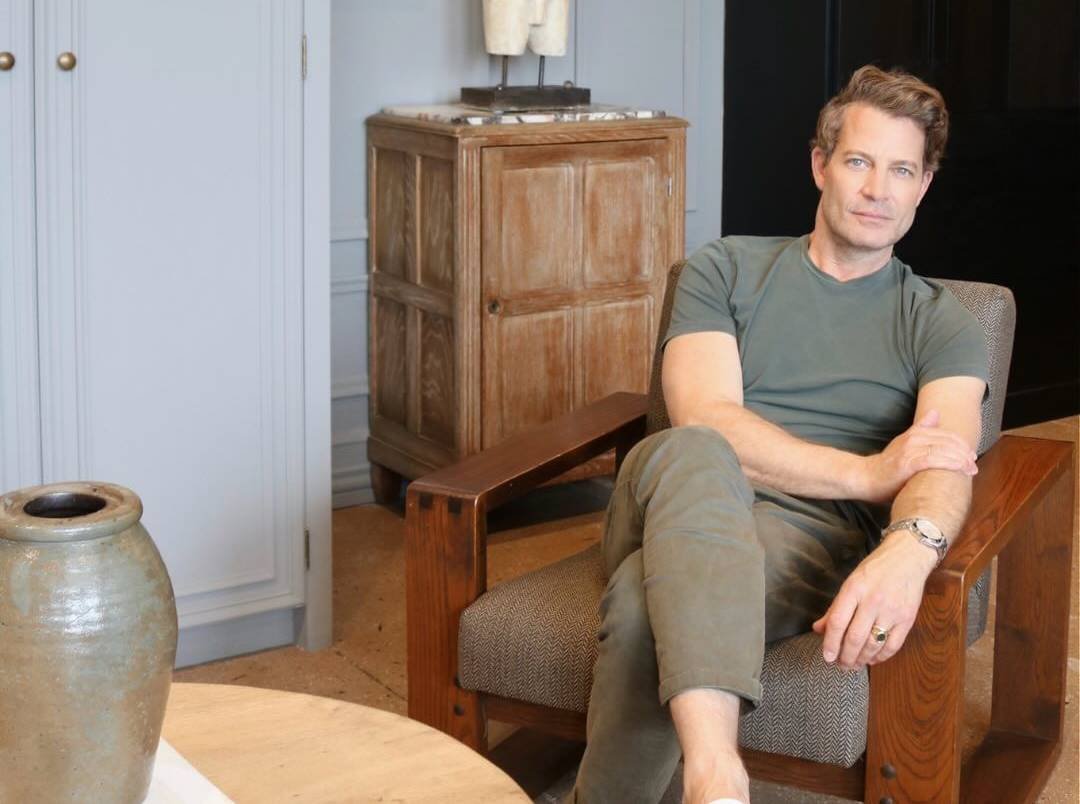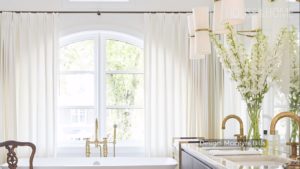[toc]
Discover a personal Nate Berkus tip for small spaces look elegant, including creative solutions. The designer also reveals his two favorite books.
Nate Berkus, a name synonymous with timeless elegance and thoughtful design, has long been a guiding voice in the world of interior design. With an illustrious career that spans over two decades, Berkus has not only created beautiful spaces but has also inspired countless others to see the transformative power of good design. In a recent Q&A session, Berkus opened up about his journey, the lessons he’s learned, and his advice for aspiring designers. His insights offer a glimpse into the mind of a designer whose approach is as practical as it is visionary.
Nate Berkus Tip for Small Spaces
For those living in smaller homes, Berkus offers a reassuring perspective:
“Small spaces can be just as impactful as large ones with the right approach.” According to Berkus
The key to making the most of a small space lies in smart design choices and creative solutions. He recounts a personal experience from his first apartment in New York City, which was under 500 square feet.
A Masterclass in Creativity
To maximize the limited space, he decided to hide his television in a closet, a move that not only saved space but also added an element of elegance. By placing the TV out of sight, he was able to create a more gracious living environment, proving that with a bit of creativity, small spaces can indeed be luxurious.

The Call to Design
When asked what drove him to become an interior designer, Berkus’ response was both candid and humble:
“It was the only thing I knew that I could do, and do well.”
For Berkus, design was never just a career choice; it was a natural calling. This innate understanding of his craft has been a guiding force throughout his career, leading him to become one of the most recognized names in the industry.
Career Wisdom: The Art of Saying No
In a world where the pressure to please can sometimes be overwhelming, Berkus shared some of the best career advice he’s ever received:
“Know when to say no, and know when to fire a client.”
This advice is a testament to the importance of setting boundaries and understanding the value of one’s time and energy. For Berkus, saying no is not about closing doors but rather about maintaining the integrity of his work and ensuring that every project aligns with his vision and values.
Nate Berkus Favorite Books
Berkus’ taste in literature is as refined as his approach to design. When asked about his favorite books, he mentioned two very different but equally impactful works: Jacques Grange: Recent Work or Jacques Grange: Interiors (Didn’t specify which among the two Jacques Grange) and A Little Life by Hanya Yanagihara. The former is a reflection of his professional passion, a book that showcases the work of one of the most celebrated designers of the 20th century. The latter, a novel, speaks to the emotional depth that Berkus brings to his work, illustrating his belief that good design is about more than aesthetics—it’s about storytelling.
A Love for French Modernism
When it comes to his design influences, Berkus points to the French styles of the 1940s and 1950s. These decades, marked by a blend of elegance, innovation, and modernity, have left an indelible mark on his design philosophy. The clean lines, rich materials, and understated sophistication characteristic of that era are evident in much of Berkus’ work, where each space tells a story of both history and contemporary life. You can read more about Nate Berkus on French furniture here.
Handling Difficult Clients
Working with clients can sometimes be challenging, even for seasoned professionals like Berkus. He recently learned a valuable lesson about the importance of honest communication. Reflecting on a recent project, Berkus admitted that he made a mistake by not having a “knocked out, drag on, super honest conversation” before starting the work. Moving forward, he plans to be more forthright with clients if things aren’t working out, underscoring the importance of transparency and clear communication in any successful project.
The Value of Formal Education
The question of whether formal education is necessary for a career in interior design is a complex one for Berkus. While he himself never attended design school, he acknowledges the value of formal training, saying, “I wouldn’t hire somebody that didn’t go to school to be an interior designer.” This paradox highlights a broader truth: while natural talent and passion are essential, a solid educational foundation can provide the technical skills and knowledge that are crucial in the industry.
Turning Passion into a Profession
For those wondering if interior design can transition from a hobby into a full-fledged career, Berkus offers an encouraging outlook.
“I actually think that interior design is 100% something that you can turn from a hobby into a career if you’re really passionate about it,” he says.
The key, according to Berkus, is to pursue what doesn’t feel like work—if you love sifting through fabrics and crafting spaces, then you’ve likely found your calling.
A Life of Purposeful Design
Nate Berkus’ journey in the world of interior design is a testament to the power of passion, creativity, and perseverance. His insights like his personal Nate Berkus tip for small spaces offer creativity. His valuable lessons are not just for aspiring designers but for anyone looking to pursue their true calling. From understanding the importance of setting boundaries to embracing the potential of small spaces, Berkus’ advice is a reminder that good design is about creating spaces that are not only beautiful but also deeply personal and functional.
The links provided in the article are Amazon affiliate links. The author of this article may earn a commission with no additional cost to you.



